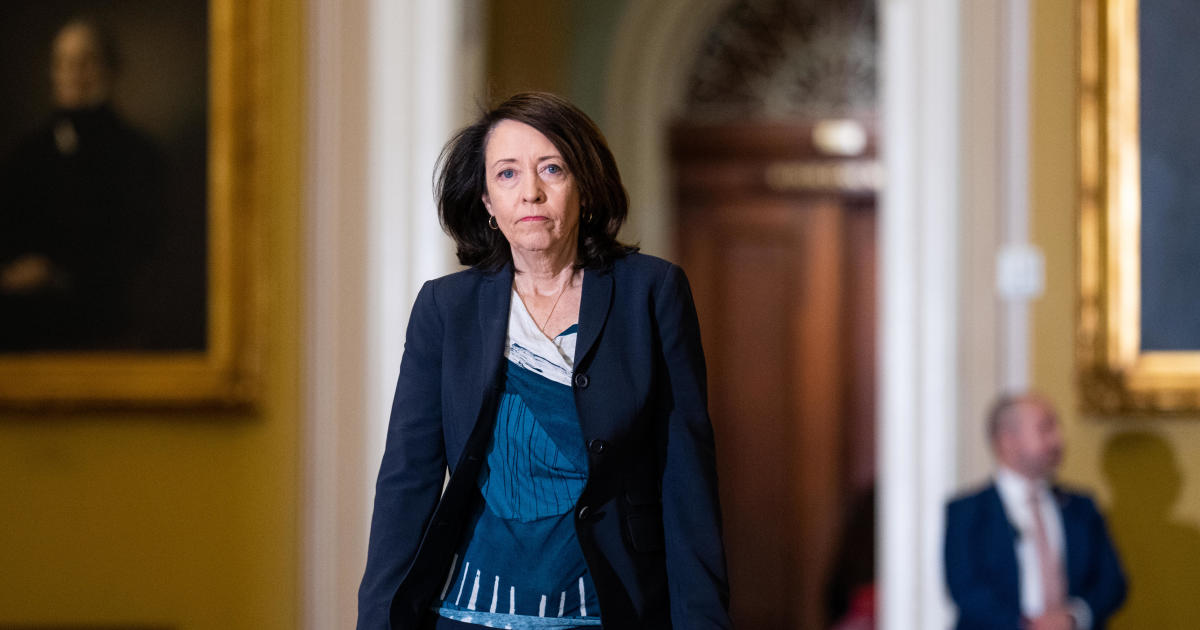Sen. Maria Cantwell has endorsed the House’s latest version of a measure that could potentially lead to a ban of TikTok in the U.S. The legislation would require TikTok’s Chinese parent company, ByteDance, to divest from the app within a year. This updated version of the bill is part of a larger foreign aid plan proposed by House Speaker Mike Johnson, which includes assistance for Ukraine and Israel. Cantwell, who chairs the Senate Commerce Committee, had initially opposed the original version of the bill but is now in support of the updated legislation that extends the divestment deadline from six months to one year.
The Protecting Americans from Foreign Adversary Controlled Applications Act has faced challenges in the Senate, with concerns raised about its constitutionality and other issues. Cantwell’s endorsement of the updated bill addresses at least one of these concerns by extending the divestment period. While Cantwell has not commented on whether her other concerns have been addressed in the updated legislation, she has expressed support for the changes made. The bill also includes sanctions on Iran, China, and Russia, as well as provisions to support Israel, bolster Ukraine, and counter China in the Indo-Pacific region.
The bill’s inclusion in the foreign aid plan proposed by House Speaker Mike Johnson signals a broader effort to address national security concerns related to foreign-controlled applications like TikTok. By pairing the forced divestment of TikTok with sanctions on countries like Iran, China, and Russia, the bill aims to address a range of national security threats. Cantwell’s endorsement of the updated legislation is seen as a significant step forward in advancing the bill through the Senate, where it has faced opposition and delays.
Support for the bill from Cantwell, a key senator with influence over technology and commerce policy, could help overcome some of the obstacles that previous TikTok-related measures have encountered. However, concerns about the bill’s constitutionality and potential legal challenges remain. Cantwell has indicated that no further changes have been made to the legislation at this time, but that additional considerations may be made in the future. As the bill moves forward, it is likely that further debates and discussions will take place to address any remaining issues and ensure its successful passage in the Senate.
Overall, Cantwell’s endorsement of the updated bill represents a significant development in the ongoing efforts to regulate TikTok and address national security concerns related to foreign-controlled applications. The bill’s inclusion in a larger foreign aid plan underscores the importance of addressing these issues in a comprehensive manner. Moving forward, it will be important to continue addressing concerns about the bill’s legality and constitutionality, while also seeking to balance national security interests with considerations for innovation and technological advancement.









